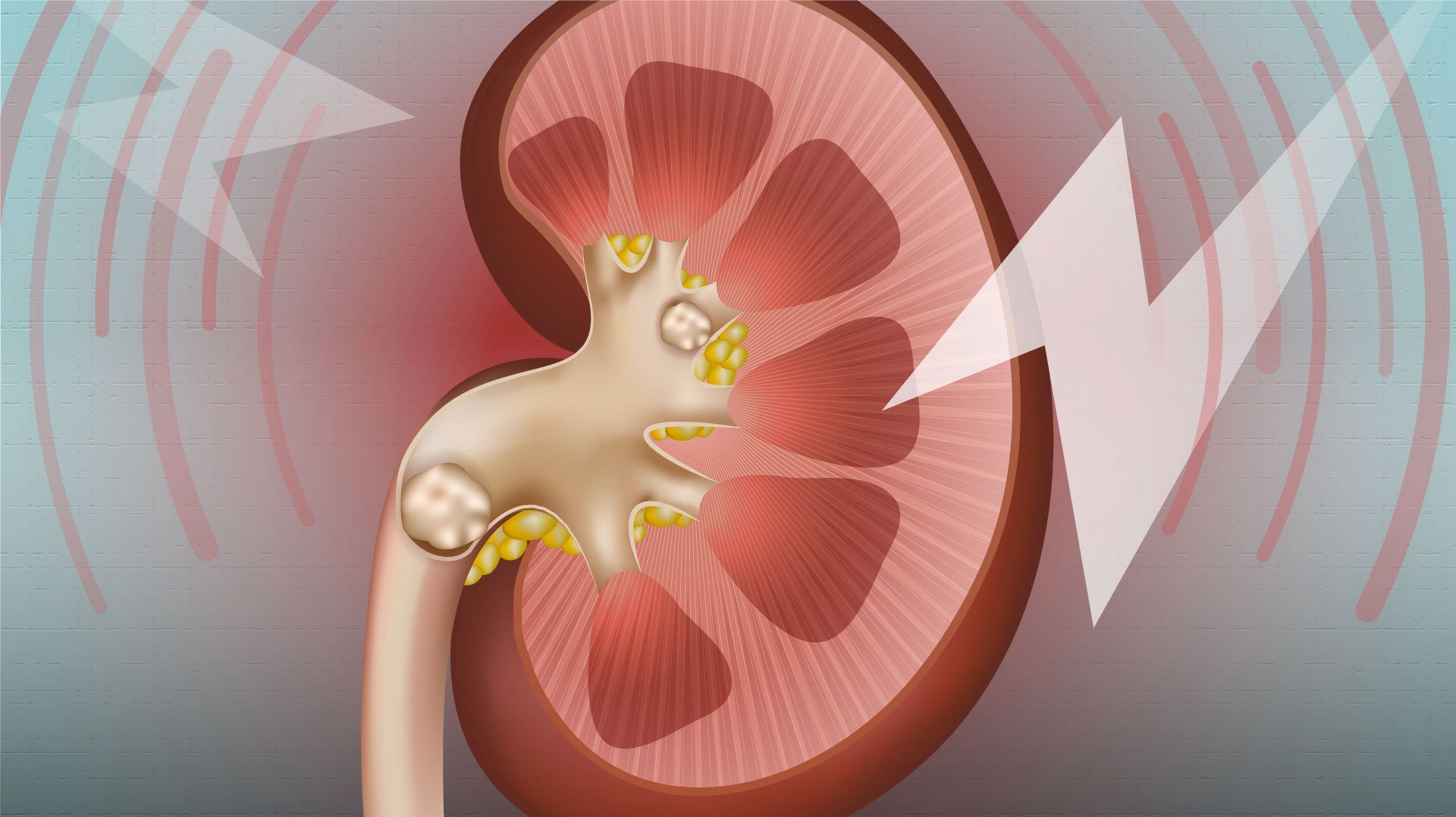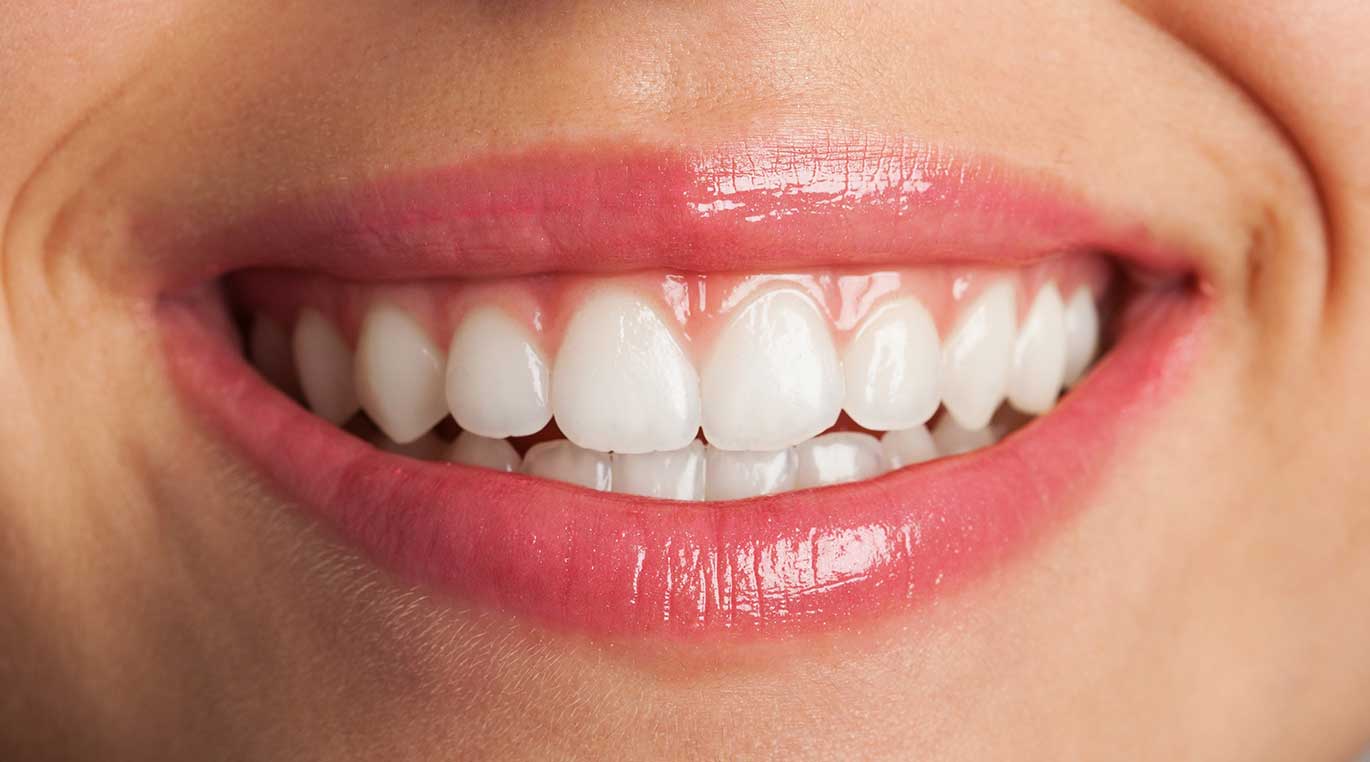Symptoms that confirm pneumonia
Pneumonia is one of the most common diseases caused by an infection caused by a virus or bacterium that can be spread in two categories. Everything about the symptoms and treatment of pneumonia
Initially, the treatment of this disease depends on the type of pneumonia that the patient may have. To do this, the doctor must consider a set of important factors to determine the most appropriate treatment. Among these factors are the symptoms and age of the patient.
Types of pneumonia can be divided into two main categories:
Acquired pneumonia from society
Patients can get community-acquired pneumonia in their daily environment.
Acquired pneumonia from the hospital

This type of pneumonia refers to patients who have the disease at the time of hospitalization. These cases are more severe because this is not the only disease that needs treatment. In other words, it becomes another problem. There are bacterial infections that are present in the hospital. They are very resistant to people who are sick or recovering from other illnesses. Because of this, hospital pneumonia treatment is complicated.
All types of the disease lead to infection in which the infection spreads to the bloodstream. If it is an infection, pneumonia in elderly patients or patients with weakened immune systems can lead to death. The risk of treatment based on each case is significant according to their specific needs.
The most suitable person to determine the best treatment for a patient is a doctor.
The disease can lead to bacterial, viral, or fungal infections. Depending on the cause, doctors can prescribe treatment or other things. The most obvious example of this type of pneumonia is caused by a virus like the flu or chickenpox.
Bacterial pneumonia
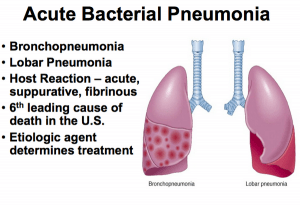
includes options below:
- Gram-negative bacteria
- Staphylococcus
- Haemophilus flu (What Is The Flu? Symptoms, Treatment, And Effectiveness Of Vaccine)
- Klebsiella pneumonia (Symptoms Of Pneumonia, Causes And Treatment Methods)
- Escherichia coli
- Pseudomonas aeruginosa
There are also unusual types in the bacterial group. Unusual types of disease grow more slowly than usual. They are not easily detected in clinical pictures, and the causes of pneumonia are less common.
Bacteria that cause unusual pneumonia include:
- Legionella pneumophila
- Mycoplasma
- Chlamydophila pneumonia
- Fungal pneumonia
This type of pneumonia is caused by fungal organisms such as Candida or Pneumocystis gyrus. This type of pneumonia is more common in patients with weakened immune systems. For example, the disease may affect patients with HIV (human viruses) or AIDS (acquired deficiency defects).
Medical treatment of pneumonia:
In general, treatment for this disease involves the use of antibiotics. Depending on what is causing the infection, the characteristics, the patient’s general health, doctors may prescribe special antibiotics or choose a combination of several antibiotics.
Pneumococcal pneumonia and treatment
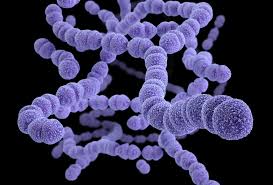
The most common pneumonia in this group is pneumonia. Some doctors prescribe amoxicillin to treat this condition. However, there is likely to be resistance to this antibiotic.
If the body resists, treatment can include other types of medication:
Cephalosporins, clindamycin, cefuroxime, erythromycin
There is a vaccine for streptococcal pneumonia. The goal is to protect children and people over the age of 50. However, this disease is not prevented by other causative factors such as those mentioned above.
Staphylococcus aureus pneumonia and treatment

Among these types of disease, the leading cause is Staphylococcus aureus. The cure for this type of disease is penicillin.
Among the types of penicillin available:
- Flucloxacillin
- Cephalosporins contain cephalothin and cefamandole
- Clindamycin has a practical effect on 90% of bacterial species
Gram-negative bacterial pneumonia and treatment
In the group of gram-negative bacteria, the leading causes of pneumonia are:
- Haemophilus flu
- Klebsiella pneumonia
- Escherichia coli
- Pseudomonas aeruginosa
The mentioned treatments for each of them are:
Haemophilus flu
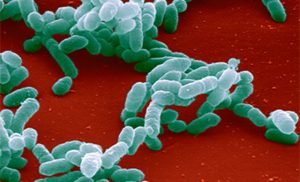
There is a vaccine for Haemophilus influenzae. As a precautionary measure, all children are advised to get the vaccine. The drug of choice is co-trimoxazole, which is an antibiotic combining trimethoprim and co-trimoxazole. Other antibiotics include gram-negative cephalosporins, amoxicillin, and fluoroquinolones, and azithromycin.
Klebsiella pneumonia
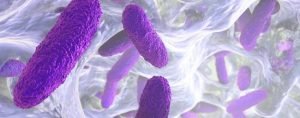
This bacterium is resistant to amoxicillin due to beta-lactamase
However, it is susceptible to antibiotics, aminoglycosides, and cephalosporins.
Escherichia coli

Treatment of this disease, which targets this bacterium, requires hospitalization of the patient for respiratory assistance. This support can provide enough oxygen. In these cases, doctors choose cephalosporins and fluoroquinolones such as cefixime, cefpodoxime, ceftibuten, and cefdinir.
Pseudomonas aeruginosa

To provide effective treatment for this condition, physicians need biopsies and must separate the results’ treatment. This bacterium is resistant to different types of antibiotics.
Pneumonia Legionella Peno Mobile

The drug of choice for Legionella is erythromycin. If this is a severe problem, rifampin may be added to erythromycin. Other options may include ciprofloxacin, azithromycin, or other medications of your choice.
Mycoplasma pneumonia
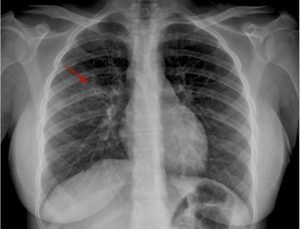
Most patients infected with this bacterium can overcome the infection without treatment. In previous cases, antibiotics were an option for erythromycin, but in some cases, your doctor may also use the following to treat this pneumonia: tetracycline, azithromycin, clarithromycin
** As always, we note that each drug’s names and the method of treatment mentioned only have the aspect of increasing the audience’s information and will never replace the doctor’s diagnosis. The use of all these drugs is allowed only with the permission and prescription of the treating physician. **
Chlamydophila pneumonia
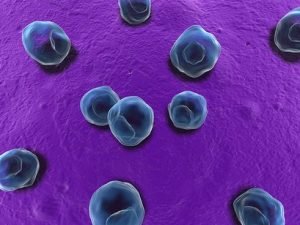
This bacterium usually leads to cases that require hospitalization. Treatments usually include doxycycline, except in patients with chronic heart disease or other problems.
Other commonly used medications for this type of infection include erythromycin and tetracycline. Treatment usually lasts 10 to 21 days.
Treatment of viral pneumonia
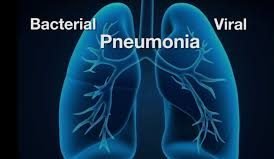
When the results of treatment for this disease form in the form of a virus, antiviral drugs such as Squirrel are recommended for the treatment of lung diseases derived from genital herpes, or chickenpox
Cytomegalovirus pneumonia can be treated with acyclovir. However, the treatment of AIDS patients is not sufficient.
Some patients have bacterial infections that require antibiotic treatment. If the patient has a viral infection, it is recommended that they undergo fever, pain and cough relief, and pneumonia treatment.
In this case, doctors prescribe antifungal drugs:
- Amphotericin B
- Fluconazole
- Itraconazole
- Flucytosine
These drugs may have harmful effects. Patients should tell their doctor if they experience any of the following:
- Increased sensitivity to sunlight (especially eyes)
- Fever
- Itching and redness of the skin
- a cold
- Diarrhea
- Vomit
Treat pneumonia with home remedies and traditional medicine
Vegetable juice

Vegetables such as cucumbers, beets, carrots, and spinach help boost the immune system and are good detoxifiers.
Mix cucumber juice, beet juice, and carrot juice in a ratio of 1: 1: 3. Drink this mixture on an empty stomach every day.
Mix spinach juice with carrot juice in proportion to make your favorite flavor, and drink this mixture several times a day to clear the bronchi.
carrot juice
Using a juicer, squeeze the juice of 3 or 4 carrots. Sprinkle a little cayenne pepper on it, and then taste.
Garlic
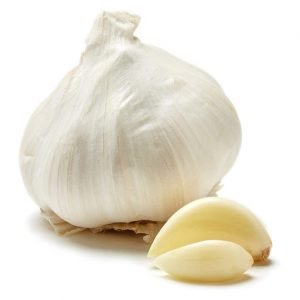
Garlic is very hot for the body and therefore helps to reduce body temperature. Garlic may make your mouth smell bad, but it will cleanse your chest and lungs. Mash a few garlic cloves, prepare a paste from it, and roll it on your feet before bed. Put on your socks and go to sleep.
Ginger
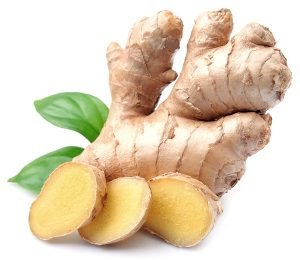
Take a piece of ginger and take its juice. Then mix it with one teaspoon of honey and a few drops of lemon juice. Drink this combination every day before going to bed.
The combination of water and salt
Gargle with salt water at least three times a day. This will help clear your respiratory tract and prevent you from coughing.
baking soda
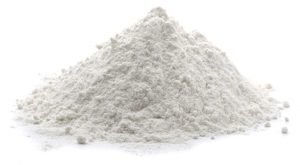
Baking soda helps remove toxins from the body. Mix 1/4 teaspoon of baking soda with 300 ml of warm water and drink the resulting mixture twice a day.
Turmeric

Turmeric is the best known herbal medicine. This spice acts as an antifungal, antiseptic, antiviral, and also an antibacterial agent. Turmeric is a potent medicinal plant that can quickly cure pneumonia.
Mix a teaspoon of turmeric with a glass of warm milk or water and add a little salt. Eat this combination every day before going to bed. If you choose milk, do not drink water for at least half an hour.
Heat a little water and add 1/4 teaspoon of black pepper powder and 1.5 teaspoons of turmeric. Drink this mixture once a day until you recover.
Homemade cough syrup to treat pneumonia
ingredients:
- 120 ml of honey
- A little cayenne pepper
- 120 ml of water
- Two teaspoons cinnamon powder
- Two teaspoons ginger powder
- Two teaspoons dried rosemary leaves
- Two teaspoons dried rabbit leaves
- Two teaspoons of dried oregano
Preparation method:
Pour some water into the container and then add all the ingredients. Boil the water, lower the flame, and let the pan stay on the heat until it is half full. Could you remove it from the gas and flatten it? Allow to cool and then refrigerate the resulting solution. Take half a teaspoon of this medicine at two-hour intervals.



